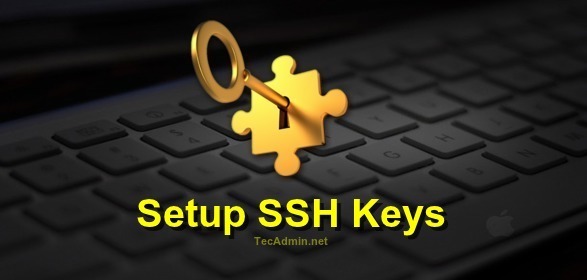Have you forgotten MariaDB root password? You don’t know how to recover it. Not to worry, this tutorial will help you to reset MariaDB root password on Linux system.
Let’s follow this step by step tutorial to reset MariaDB root password on your Linux systems.
Step 1 – Start MariaDB in Safe Mode
First of all, you need to stop MariaDB service on your system. You can do this using the following command.
sudo systemctl stop mysql.service
Now start your MariaDB service in safe mode using skip grant and run this command in the background.
mysqld_safe --skip-grant-tables &
Step 2 – Change Password
After starting MariaDB in safe more connect to MariaDB with root user and without any password. After that run following command to change the root user password.
mysql -u root
1 2 3 | > use mysql; > UPDATE user SET authentication_string = password("SecreT") where User='root'; > FLUSH PRIVILEGES; |
Step 3 – Stop and Start MariaDB
After successfully changing the password, stop the MariaDB service and start it again in normal mode using following commands.
sudo systemctl stop mysql.service sudo systemctl start mysql.service
Step 4 – Login with New Password
You have now new root user password for your MariaDB instance. Login to MariaDB instance to verify the new password.
mysql -u root -p Enter password: Welcome to the MariaDB monitor. Commands end with ; or \g. Your MariaDB connection id is 3 Server version: 10.1.26-MariaDB-0+deb9u1 Debian 9.1 Copyright (c) 2000, 2017, Oracle, MariaDB Corporation Ab and others. Type 'help;' or '\h' for help. Type '\c' to clear the current input statement. MariaDB [(none)]>



5 Comments
I was recently installing mysql in Ubuntu Bionic Beaver and the command ‘UPDATE User SET password…’ does not apply here. Instead, you have to do
UPDATE User SET authentication_string = password(“Mypassword”) where User=’root’;
for the password to be updated.
Thanks for the great post.
One issue. is you have to be logged in as a system root user for all these commands, if not, then use sudo and then the command. i.e. sudo mysqld_safe –skip-grant-tables &
If you are not logged in as a root user, then you will get many issues and not be able to reset your password. Also I would avoid using # or @ in your passwords.
Thank you very much for this short, yet very helpful article!
Excellent explanation, just saved my butt. Thank you very much.
Great. It works. Thanks.